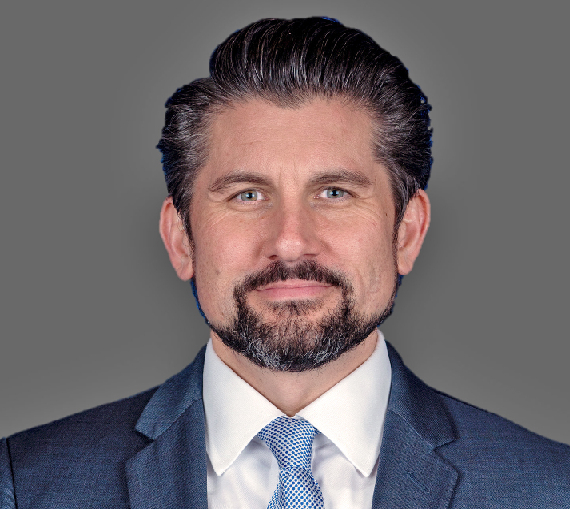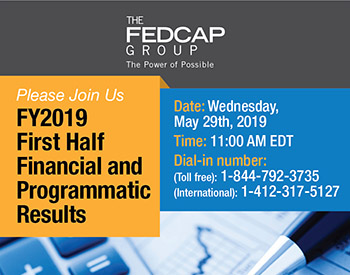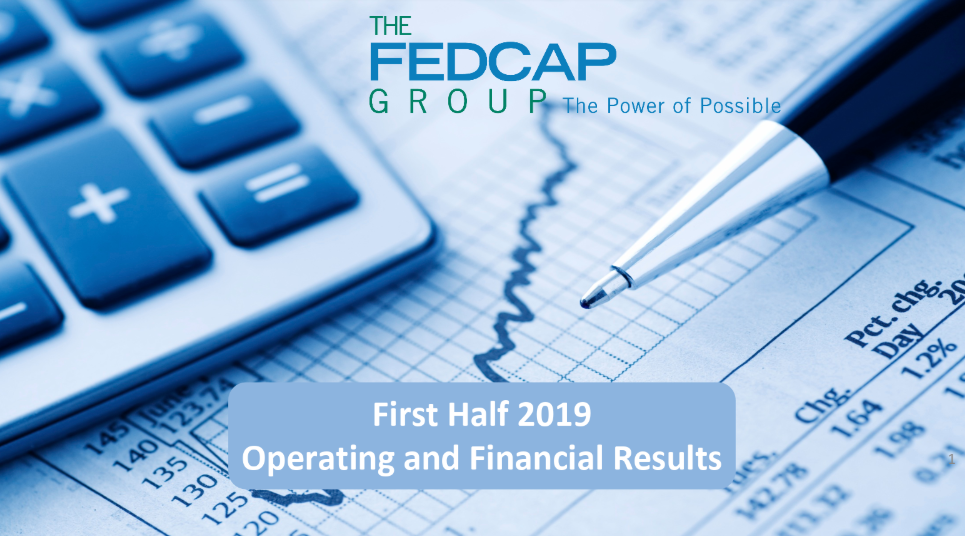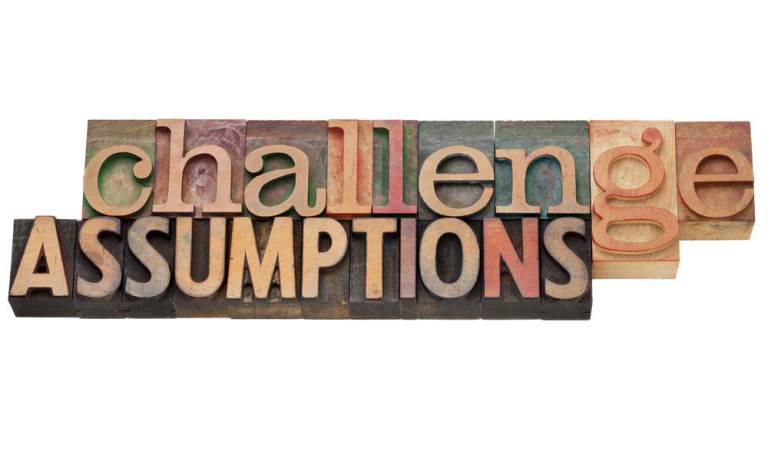Succession Planning
“More leaders are selected for their thinking rather than for their labor,” Society of Human Resources Management
No matter how much we want to continue in our role, as leaders we need to think about who will succeed us and the key players of our organization. Unlike replacement planning, succession planning is not linear. It requires us to see the entire stage and all the performers so we can help them develop and achieve their potential as well as the organization’s. This involves a level of commitment from us to identify our organization’s future leaders by making a plan, a map for their development so they will be ready to assume leadership roles when the time comes.
As we look ahead—at short and long-term goals of the organization—we need to ask ourselves: What are the critical skills and talents we will need? How will our organization be the same or different? If we invest in succession planning, we give ourselves a competitive advantage in any future economic or political turbulence.
In a widely viewed youtube from his book, Effective Succession Planning: Ensuring Leadership Continuity and Building Talent from Within, https://www.youtube.com/watch?v=ltxZKPixWPs William J. Rothwell, PhD, identifies the importance of narrowing the gap between now and the future—suggesting that succession planning is future focused management. Studying and preparing for the skills and capacities needed in these rapidly changing times.
Before Steve Jobs stepped down as CEO of Apple, he prepared a succession plan for Tim Cook, the man he had groomed as his replacement. The plan is called Apple University, a leadership curriculum with content and materials from Job’s experiences. As Alexis Ang writes in her blog: https://technologyadvice.com/huma-resources-software/. It was meant to teach employees to make decisions the way he did. Ang points out that “companies who choose leaders from inside the company report a 70 to 80 percent success rate and the latest HR software can make tracking and training new leaders easier than ever. These tools give companies the power to develop a well-fitting growth and leadership plan for each individual employee.”
The Fedcap Group approached leadership development and succession planning in a similar manner. In 2016 we established the Leadership Academy. To date nearly 50 individuals have participated in our year-long academy—and 33% have already been promoted within the organization. The academy is designed to teach individuals across the organization about how a Fedcap Group leader thinks and acts. It is preparing our leaders to lead.
Change is constant. And in our rapidly changing techno world, that is truer than ever. By being future focused managers and carefully planning for succession, we are ensuring the sustainability of our organization.








